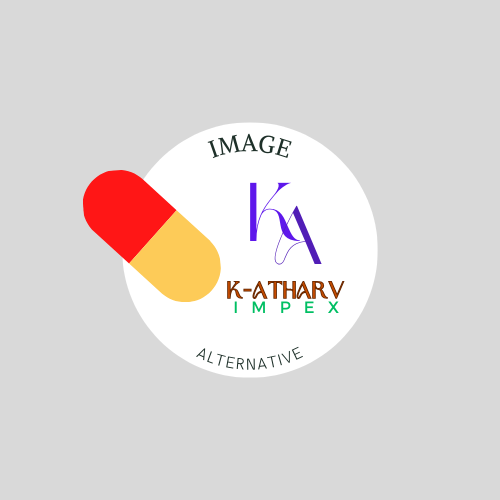- Your cart is empty
- Continue Shopping

Cafirate 20mg Injection 1ml
Uses of Cafirate 20mg Injection 1ml
- Treatment of apnoea of prematurity
Introduction to Cafirate 20mg Injection 1ml
Cafirate 20mg injection 1ml contains the active ingredient caffeine which belongs to the group of medicines called CNS stimulants. It is used in the treatment of apnoea of prematurity. It can be swallowed by mouth or given through a feeding bottle. Apnoea of prematurity is the condition of premature babies in which there occurs a stoppage of breathing for around 20 seconds accompanied by lowered heart rate and deprived oxygen supply in the tissues.
If you are breastfeeding while your baby is treated with a Cafirate 20mg injection 1ml solution, you should not drink any coffee or consume caffeine-containing products as it may pass through the breast milk. Discuss with your doctor regarding any existing liver, kidney, or heart issues. Additionally, it is important to inform the doctor if your child experiences seizure disorders, slow weight gain, or frequent regurgitation (spitting up milk or food), as a precautionary measure. Inform your baby’s doctor if the baby produces an unusual amount of urine, has reduced weight gain or food intake, suffers from unusual heart rhythms, or is detected with heart or kidney disease. Before starting the treatment, inform your doctor if the consumes caffeine prior to delivery.
Therapeutic Effects of Cafirate 20mg Injection 1ml
Cafirate 20mg injection 1ml works by stimulating the respiratory center and increasing oxygen consumption.
Interaction of Cafirate 20mg Injection 1ml with other drugs
Inform your doctor about any prescribed medications, over-the-counter medicines, nutritional or vitamin supplements, and herbal products you take or have taken before the treatment. Certain medications may interact with Cafirate 20mg injection 1ml and can cause undesirable side effects.
More Information about Cafirate 20mg Injection 1ml
- Keep out of sight and reach of pets and children
- Store protected from light at a temperature not exceeding 30°C.
How to consume Cafirate 20mg Injection 1ml
A trained doctor or nurse should only administer it. Do not self-administer the Cafirate 20mg injection 1ml. Your doctor will decide the dose and duration of your treatment based on the disease severity and other factors. It will be given as an intravenous (in vein), and you will be monitored carefully for unwanted side effects.
Safety Advices for Cafirate 20mg Injection 1ml
Pregnancy
Do not consume Cafirate 20mg injection 1ml unless your doctor advises it. Report to your doctor if you are pregnant or think you may be pregnant, or are planning for the pregnancy before starting the treatment.
Breast Feeding
Cafirate 20mg injection 1ml is excreted into the breast milk and passes through the infant’s body, so the mothers of infants treated with Cafirate 20mg injection 1ml should not consume Cafirate 20mg injection 1ml-containing beverages or medicinal products.
Lungs
It is unknown whether Cafirate 20mg injection 1ml is safe for patients with lung problems. Inform your physician if you have any lung disease before starting the treatment. Contact your doctor if you experience difficulty in breathing or any lung-related symptoms.
Liver
It is unknown whether Cafirate 20mg injection 1ml is safe for patients with liver problems. Inform your physician if you have any liver disease before starting the treatment. Contact your doctor if you experience difficulty breathing or any liver-related symptoms.
Alcohol
Do not consume alcohol while taking Cafirate 20mg injection 1ml. Consult your doctor for more information.
Driving
It is unsafe to drive while taking Cafirate 20mg injection 1ml, as it may alter your driving and operating machines. Consult your doctor for more information.
Side Effects of Cafirate 20mg Injection 1ml
Side effects are unwanted symptoms caused by medicines. Even though all medicines cause side effects, not everyone gets them.
Serious
- Convulsion
- Bloody stools
- Allergic reactions
- Bloodstream infection
- Cardiac disorders (irregular heartbeat)
- Shakiness
Common
- Increased sugar in blood or serum
- Lethargy
- Increased urination
- Bloated abdomen

